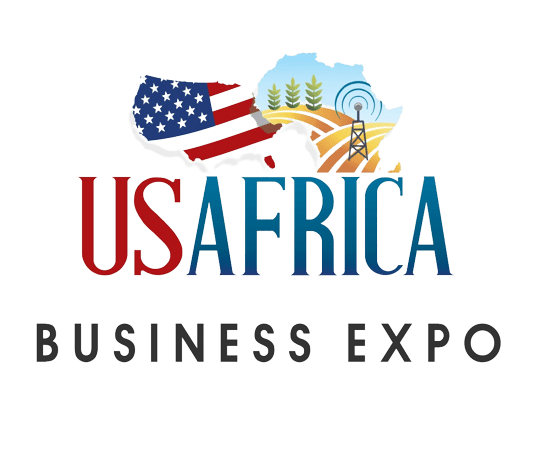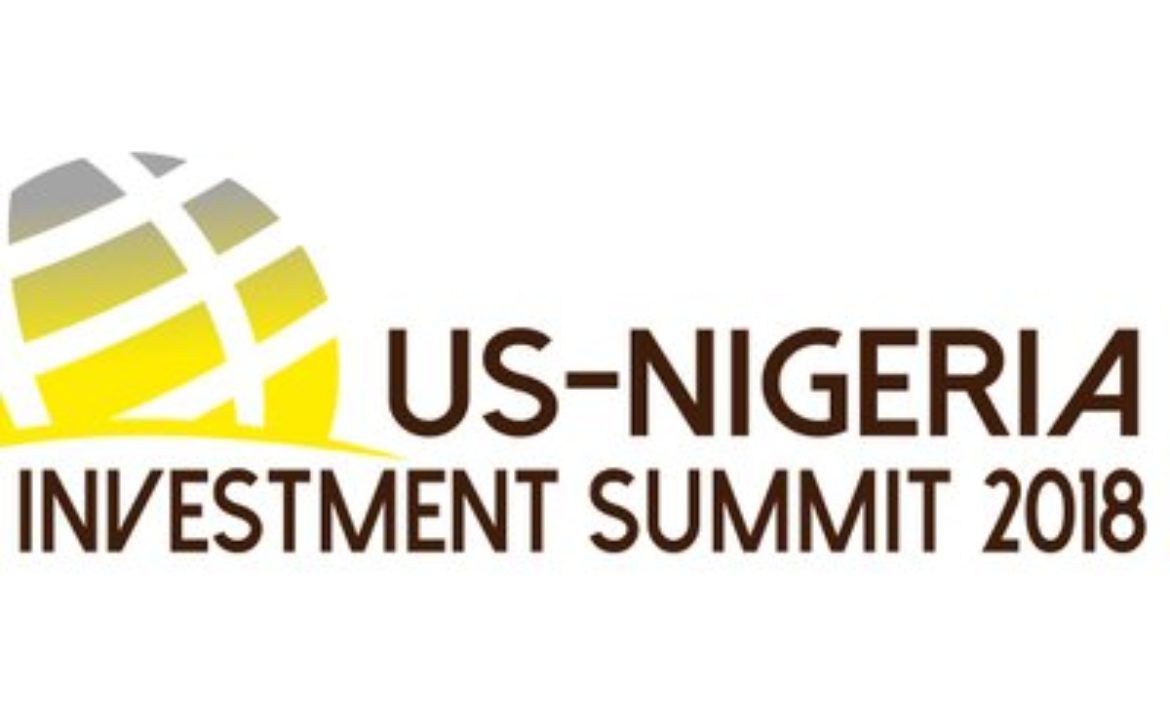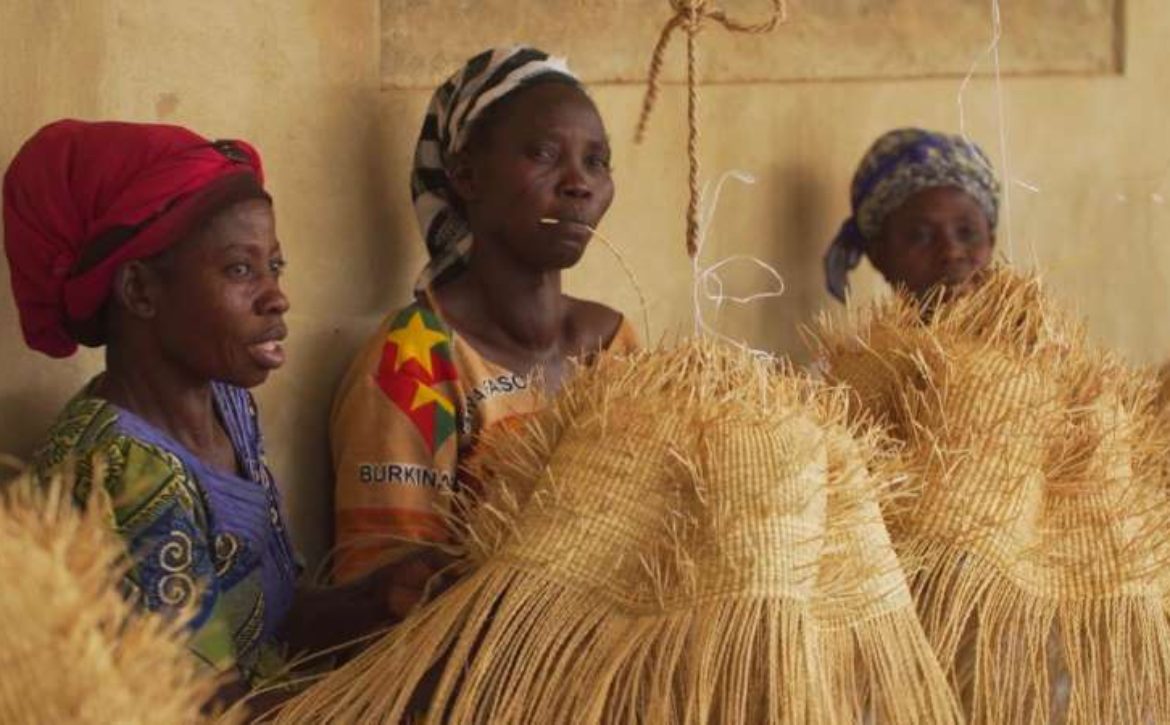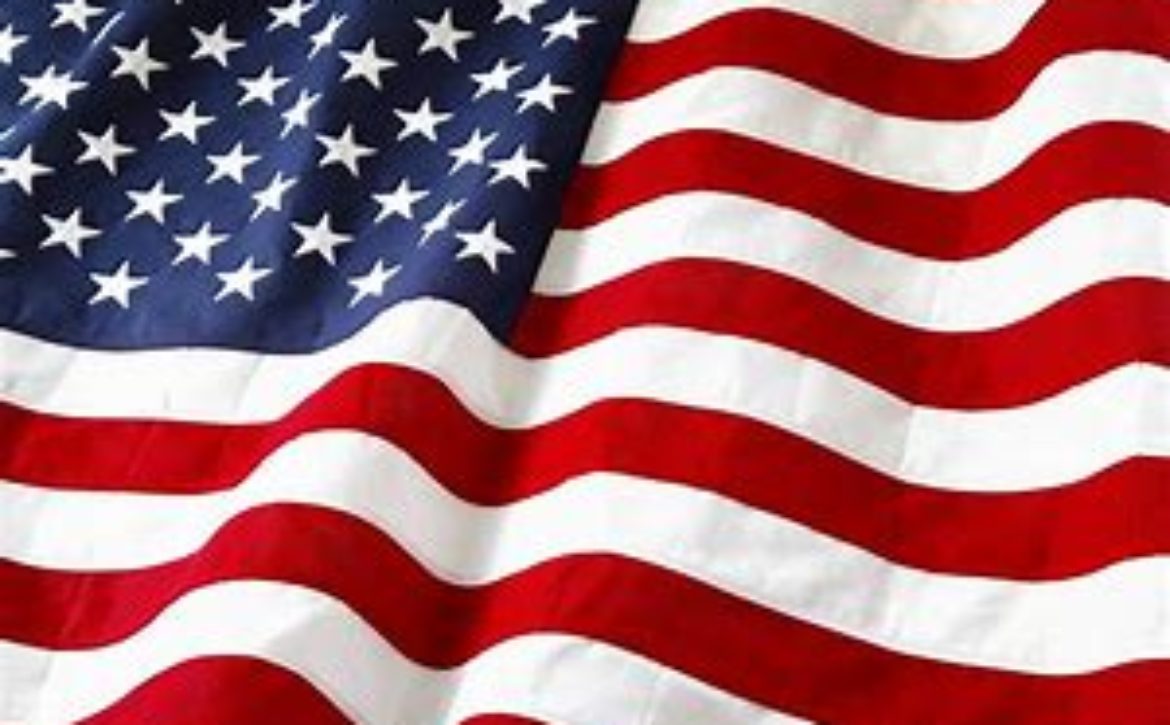Nigerian Garment Manufacturers Would Benefit Greatly from AGOA Textile Visa Stamp – Awolowo
Recently, the Nigerian Export Promotion Council (NEPC) AGOA Trade Resource Centre, Lagos unveiled the AGOA Textile Visa Stamp. The Textile Visa Stamp according to the NEPC would enable garment manufacturers in Nigeria to have tariff concession on textile and garments manufactured in the country for export to the USA under AGOA.
In this interview, CEO of the NEPC, Mr. Olusegun Awolowo in this interview with FRIDAY EKEOBA, explained the Textile Visa Stamp; its importance and benefit for Nigerian garment manufacturers. Awolowo who was represented at the Asian-African Chambers of Commerce and Industry’s inauguration in Lagos recently is of the opinion that the NEPC and the Nigerian Customs Service would synergise to ensure the Textile Visa Stamp is well utilised for the benefit of garment manufacturers to bring more revenue to the Federal Government of Nigeria. Excerpts:
NEPC – AGOA Trade Resource Center recently organised a workshop on utilisation of the AGOA Textile Visa Stamp, can you enlighten the public on this Textile Visa Stamp?
The AGOA Textile Visa Stamp is an instrument established by the US government for use by the AGOA eligible countries for textiles and apparels export into USA. The instrument is to be administered by the Nigerian authorised Customs Officers on the Commercial Invoice of garment manufacturers exporting to the US under AGOA. It is a major requirement for the export of textiles and garment under the scheme and has to be strictly adhered to by Nigerian garment exporters in order to benefit from the tariff concession provided by the Act.
What was the role of the Nigerian Customs at the Workshop?
The esteemed uniformed officers of the Customs were invited to the Workshop because they are the sole administrator of the Visa Stamp. The Stamp is in their custody and they need to be informed on its application and as well as interface with the Nigerian garment manufactures. More importantly, the interface facilitated expression of challenges by garment manufactures in accessing the Visa Stamp from the Customs.
Are the Nigerian Customs officials well trained on this AGOA Textile Visa Stamp’s administration since they are the officials Nigerian exporters would be interacting with at the export desks?
They are now well informed on the Visa Stamp administration so also on AGOA. The Custom Officers were always invited to training programmes on AGOA organised by the NEPC AGOA Trade Resource Center. The garment manufactures now know the locations of Customs officers to access the Visa Stamp.
What would the Nigerian Garment manufacturers benefit from the Visa Stamp?
Nigerian Garment manufacturers have a lot of gains by utilizing the Visa Stamp. Their products – textiles and apparel will enjoy duty-free access to the US market under AGOA. The tariff concession will give made in Nigeria products more competitive advantage over non-AGOA countries that must pay normal tariff rates to enter the United States. They will also be able to retain market share regarding certain apparel products. More jobs related to apparel manufacturing are created through increased production. Trade relationship with US investors and other sub-Saharan AGOA eligible countries counterparts will be built. Through technical assistance provided for garment manufacturers they will be able to comply with US standards as well as international market standards in the garment world.
Nigerians still depend largely on imported garments, especially from Asia. Do you think Nigerian manufacturers can ever meet the garment needs at home?
Indeed, the Nigerian garment markets are saturated with products from Asia but Nigerian garment manufactures through trainings are now informed and have embraced the value chain production systems. They only need to be encouraged and be well funded because, value chain system of mass production is capital intensive and many of the manufacturers are still at the workshop level struggling to meet delivery. If they are well funded for expansion into large factories, backed up with firm-level technical training and government policy support for solely made in Nigeria garments; the Nigerian manufacturers can meet the needs at home because it will be more profitable. Take the case of the use of General System of Mobile (GSM) telephone, it started late in Nigeria, but within a limited period, market women of course now use mobile phones such that Nigeria is now the largest user of mobile telephones in Africa. When there is a will, there will be ways.
What is NEPC’s role in addressing this?
The Council established the Human Capital Development Center (HCDC) in 2006, with modern industrial machines and engaged both local and international garment experts to train and manage the Center for mass production of garments for export under AGOA into the US. In 2016 to be precise, the NEPC engaged five garment experts from The Philippines and four local resource persons to train at the garment factory on how to make garments of international standards within limited time and the value chain system of mass production. Each batch of training at the center was usually for a minimum period of three months on pattern drafting and garment production except for special requested cases. NEPC has consistently offered this service at Zero cost to the trainees and even offered free lunch for students.
The good news is that after graduation, some of the students were retained at the NEPC Factory to perfect their skills and then employed to produce for other fashion designers, a few were gainfully employed by some Nigerian garment factories thus reducing unemployment, others form synergy and established enterprises to mass produce T-shirts for sale and for other industries. Kudos to Vlisco Academy Nigeria, which at one time collaborated with NEPC for training at the HCDC in Lagos. So far from inception, over 850 people have been trained and graduated from the HCDC.
In addition to the above, the NEPC is currently providing technical support for export ready garment companies by bringing into Nigeria and paying for the services of international garment experts from Sri Lanka and Ghana. The technical support started with the Calabar Garment Factory in Cross Rivers State where firm-level training was conducted for over 600 factory hands in December 2018. The garment experts are now at Wessy Creations garment factory in Abeokuta, Ogun State. This is to assist in bringing the companies to the level of mass production in line with international standard practice and for export to the US under AGOA.
With individual efforts, government supports (policy wise and financially) for the existing garment factories, navigation of the numerous garment workshops to factories and establishment of more garment factories, the garment manufacturers can meet the garment needs of Nigerians because we have cheap labour readily available.




